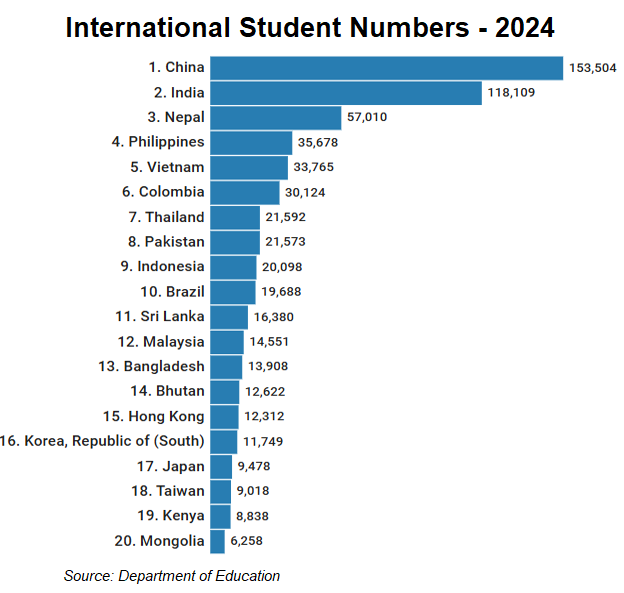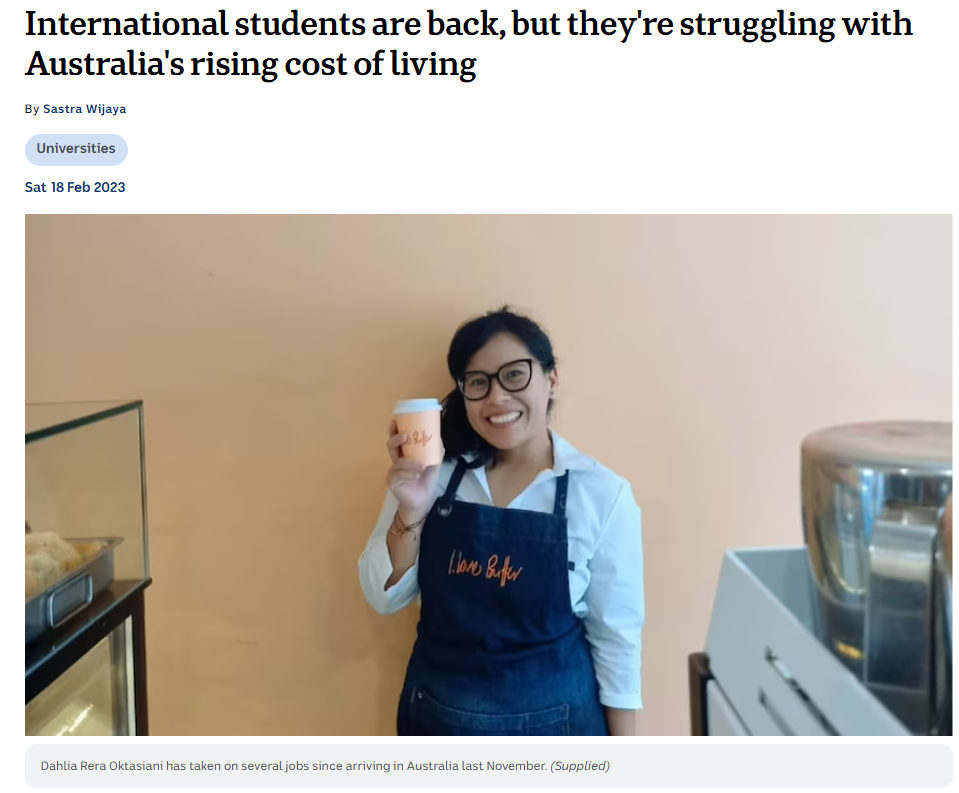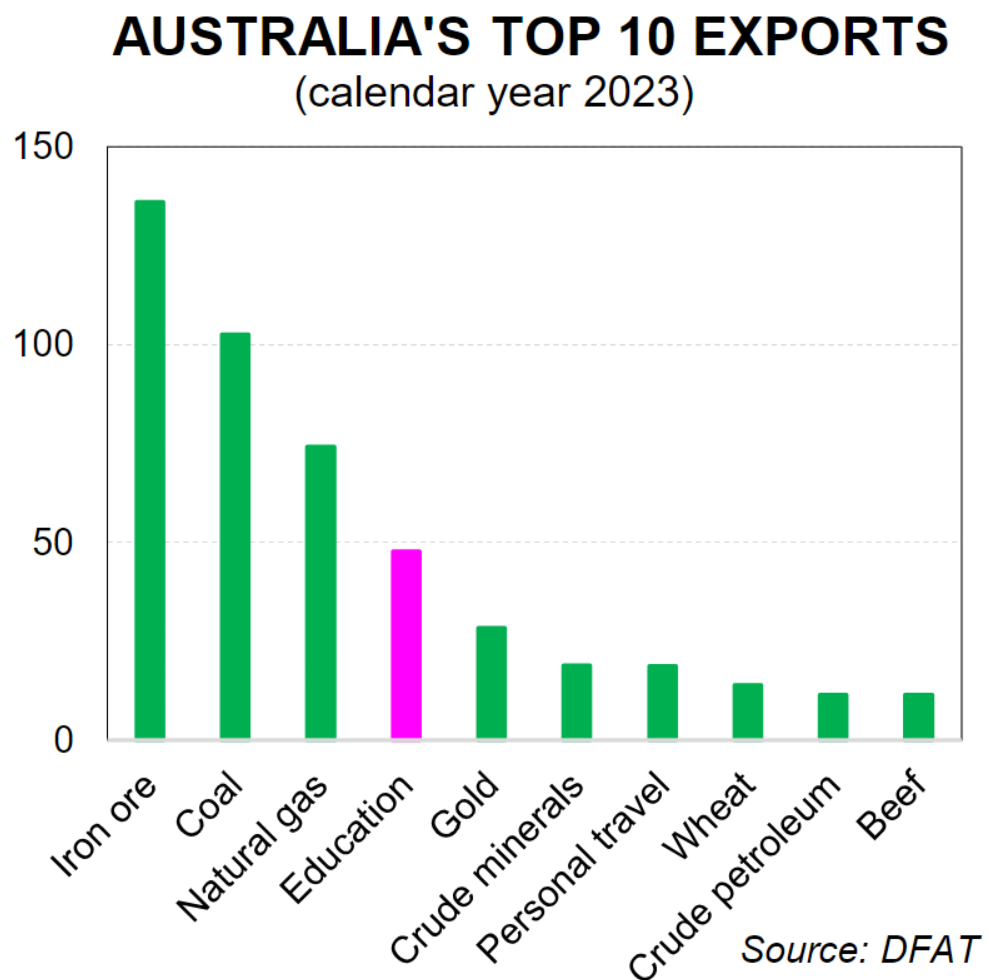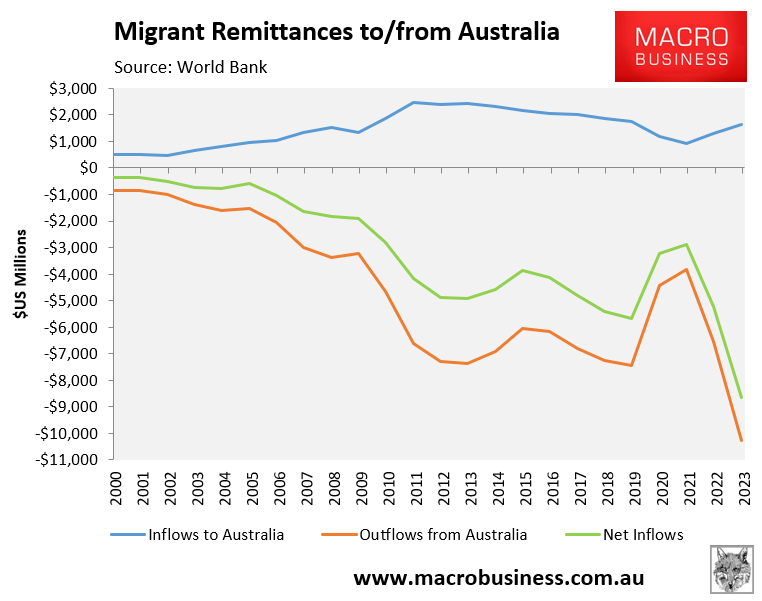In 2019, the United Nations accused Blackstone, the world’s largest private real estate manager with $470 billion on its platform, of “wreaking havoc” in communities and contributing to the global housing crisis by increasing rents and “aggressive evictions”.
According to UN rapporteur Leilani Farha, private equity companies such as Blackstone had commodified real estate, making housing for many people more expensive and precarious.
“Landlords have become faceless corporations wreaking havoc with tenants’ right to security and contributing to the global housing crisis”, according to Farha.
A year ago, Blackstone entered Australia’s student housing market by acquiring the Brisbane-based student housing platform Student One.
A Blackstone spokesperson commented:
“We are thrilled to make our first investment in student accommodation in Australia [and Asia Pacific] with the acquisition of Student One”.
“We see strong fundamentals in Australia for student accommodation – the country is one of the four top destinations around the world, alongside the USA, the UK and Canada, for international students”.
With this background in mind, it was disturbing to see the head of Blackstone’s local real estate operations, Chris Tynan, attack Labor’s decision to cut the number of international students allowed into the country with the following propaganda:
“These students turn up with hundreds of thousands of dollars in their back pocket to spend in Australia – and we don’t want them, which seems short-sighted”.
Noral Wild, the Australian chief executive of commercial real estate agency Cushman & Wakefield, also attacked the caps with propaganda:
“It’s our fourth-largest export in this country. It brings in about $30 billion in revenue from international students. It makes no sense why we’d be messing with that, to me”.
“Obviously, it’s political. It’s pretty short-sighted, and messing with an export market like that is pretty dangerous”.
Not to be outdone, the chair of lobby group Universities Australia, David Lloyd, attacked the caps under the fig leaf of education exports:
“No other major export industry is treated the way international education is right now”, Lloyd said. “Not mining, not agriculture, not tourism – none of them”.
“Imagine how economically self-destructive it would be for the government to ban shiploads of iron ore from leaving our ports, yet that is exactly what it is doing to our higher education sector”.
Let’s get a few facts straight.
First, very few students “turn up with hundreds of thousands of dollars in their back pocket to spend in Australia”.
The overwhelming majority come from poor developing nations and must work jobs in Australia to pay their tuition costs and living expenses.

Chris Tynan’s ludicrous claim is contradicted by the fact that international students demanded welfare and financial assistance during the pandemic, suffer from widespread food insecurity, are heavy users of charities and food banks, and were angered when allowable work hours were reduced to 24 hours a week.
Heck, remember the uproar that broke out in 2020 when Prime Minister Scott Morrison refused to extend JobKeeper and JobSeeker to international students?
The below article from The ABC highlights the farce:

“At the moment I am working around 40 hours per week, and that is barely enough to cover all my living expenses”, Balinese student Dahlia Rera Oktasiani told The ABC.
This brings me to the lie that international education is a fantastical $48 billion export industry for Australia.

As I have explained ad nauseum, the value of education exports is massively inflated since the ABS considers all spending by international students to be an export, despite the fact that the majority of students pay for their expenses by working and earning in Australia.
The ABS also does not account for commissions paid by institutions to overseas education agents or funds sent home by students to their families.

The entire debate surrounding international students has been hijacked by bad-faith, vested interests, and lies.

